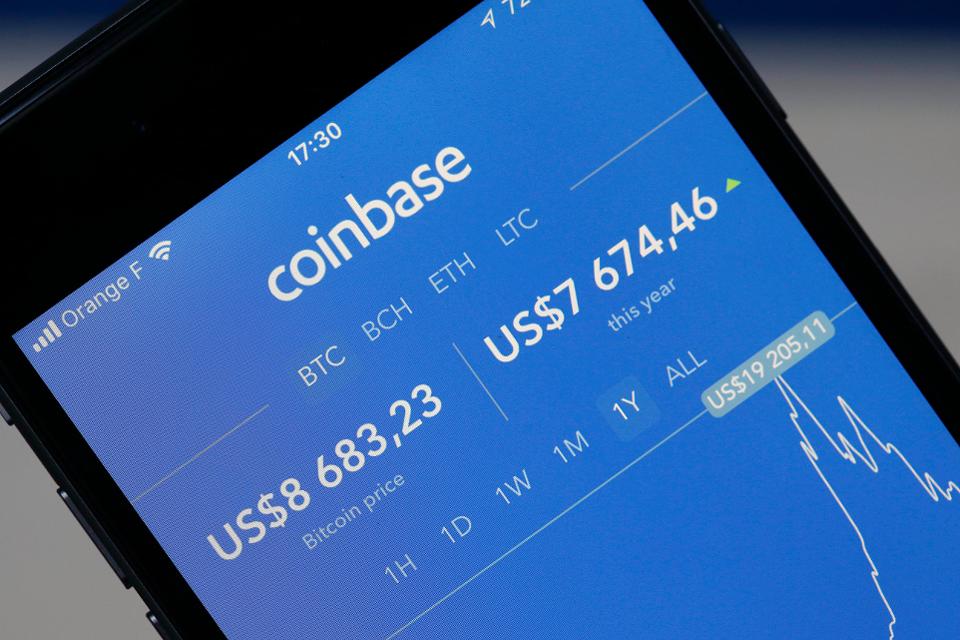Although crypto wallets work differently from billfolds, they provide a safe place to store cryptocurrency. The first step is figuring out which option works for you. They are available in two primary forms: hot wallets (internet-connected) and cold wallets (offline). Most wallets support Bitcoin, others only Ethereum, but a few can handle any crypto.
You can also learn more about crypto AI trading by clicking here quantum-ai.trading. Here are the best crypto wallets we’ve picked after evaluating the leading options.
1. Coinbase

One of Coinbase’s most popular wallets is the Coinbase Wallet, which is also offered as part of the Coinbase Exchange. A Coinbase dApp wallet and storage are provided as well.
Trader Joe, Uniswap (UNI), Sushiswap (SUSHI), 1inch (1INCH), and Uniswap (SUSHI) are just a few of the major decentralized crypto exchanges (DEXes) Coinbase Wallet seamlessly connects to. For users who prefer cold storage, Coinbase Wallet has partnered with Ledger for offline crypto storage.
2. Exodus crypto wallet
In addition to supporting over 225 cryptocurrencies, Exodus provides educational materials and explanatory videos to help you better understand specific cryptocurrencies. Exodus also has a built-in exchange that functions as a DEX that can be used directly from your wallet.
DEXes typically have lower liquidity and less regulation than centralized exchanges. With a DEX, crypto trades can be conducted through decentralized apps, and credentials aren’t required. You can store your data offline with the Exodus wallet using Trezor, a highly-rated cold storage solution. Exodus leads the cryptocurrency education field with its extensive collection of Explanation 101 videos.
Read More: Best DeFi Wallets for 2024
3. SafePal
In more than 190 countries, SafePal has been used by more than 6 million users. Among the significant cryptocurrencies supported are Dai (DAI) and TrueUSD (TUSD), which are both stablecoins. You can seamlessly buy and sell cryptocurrency using SafePal via Binance because SafePal is integrated with Binance.
SafePal also offers cold and hot crypto storage options. The SafePal hardware cold wallet costs about $50, so you get the best of both worlds. Despite SafePal’s advantages, customer service is limited. Support requests must be submitted via a “submit a request” form.
4. Ledger
Crypto sphere professionals know Ledger because of its user-friendly interface, which makes using it easy. Ledger Nano X and Nano S Plus hardware wallets cost $79 and $149, respectively.
Other software wallets, including Crypto.com, are seamlessly integrated with Ledger. It is possible to manage more than 5,000 tokens and coins on the Ledger Nano X using the Ledger Live app with the Ledger Nano X.
The disadvantage of this cryptocurrency hardware solution is it was hacked by hackers in July 2020, resulting in 1 million email addresses being exposed. Besides that, there are plenty of plus points to Ledger, but customer service consists of an online ticket submission and a FAQ section.
5. Ellipal
In contrast to Ledger, Ellipal uses QR codes instead of USB or Bluetooth connections, which are common attack vectors. Cryptocurrencies can be bought and staked via dApp connections via the complex cold storage solution.
With the Ellipal Titan wallet, you can stake cryptocurrencies such as Cardano and Polkadot, as well as buy and swap Bitcoin. Your coins can be converted to any supported currency with Ellipal without transferring to a third-party exchange.
